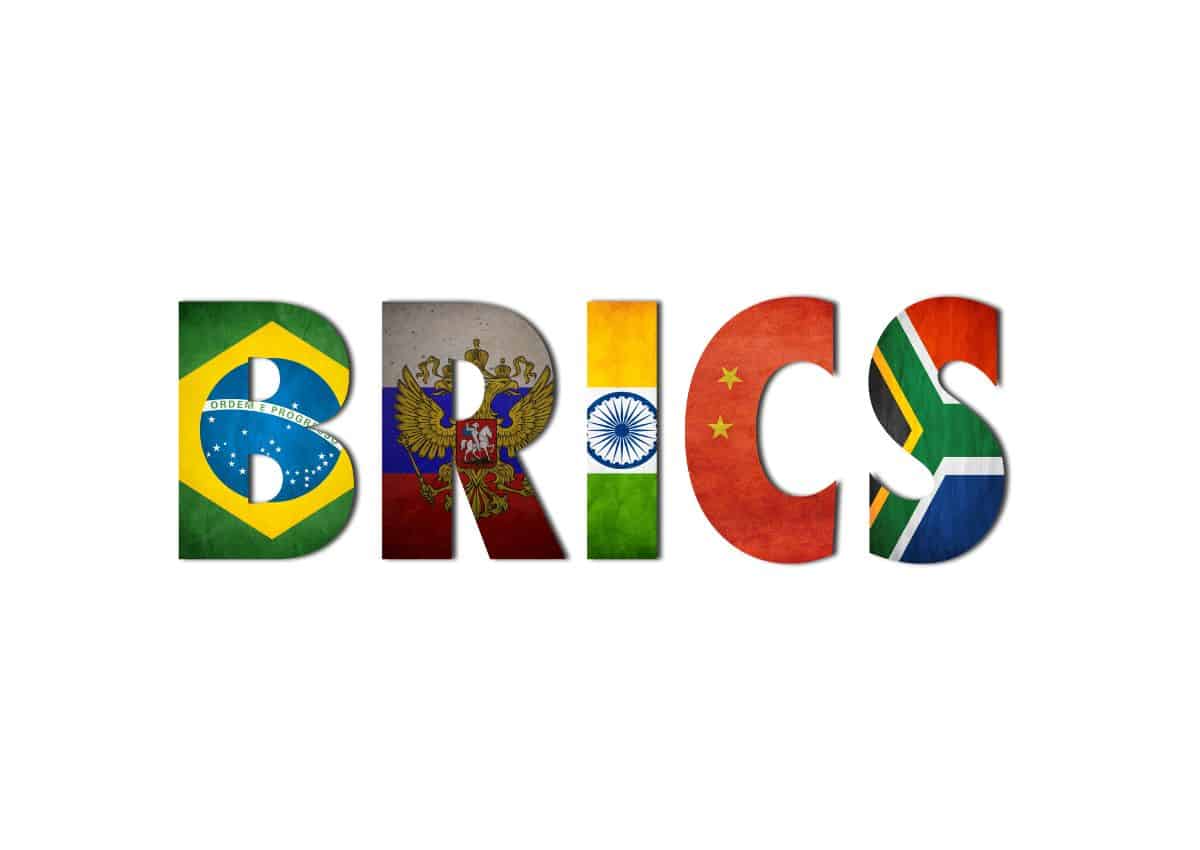President Cyril Ramaphosa had a telephone conversation with Russian President Vladimir Putin on Wednesday, during which they discussed the upcoming BRICS meeting, possible deliveries of Russian agricultural products and fertilisers to Africa, including South Africa, as the food crisis grows.
Vincent Magwenya, Ramaphosa’s spokesperson confirmed on Friday that the conversation took place and that the two leaders discussed issues of trade and investment. “Yes, the conversation took place in the context of the upcoming BRICS (Brazil, Russia, India, China and South Africa) summit. The two leaders discussed trade and investment between their respective countries,” Magwenya said.
According to a Kremlin Press release, the presidents expressed satisfaction with the current level of strategic partnership with each other and expressed a shared intention to expand mutual beneficial cooperation in the economy, investment and above all in trade.
“They also discussed in detail issues of food security, including the supply of Russian agricultural products and fertilisers to the African continent, in particular South Africa. The leader also noted the importance of joint work within BRICS in order to further promote the role of this association in global politics and economics.”
The Kremlin said Ramaphosa initiated the call and the two presidents agreed to maintain contact. The two presidents “also exchanged views on the situation in Ukraine,” it added.
“The importance of joint work within the framework of the BRICS group in order to further strengthen the role of this association in world politics and the economy was noted,” the statement read.
The Kremlin’s announcement that Russia can supply food and fertilisers to South Africa and the rest of the African continent comes in wake of the Russian invasion of Ukraine which began on 24 February and has displaced millions of people and many lives have been lost. The invasion has caused major food shortages and price increases across the world, particularly in wheat, as both countries produce a large share of wheats across the world.
